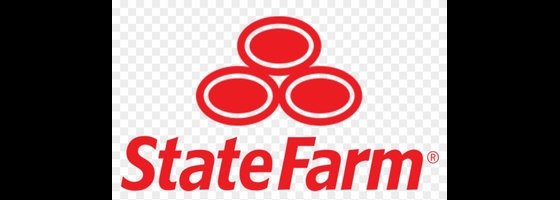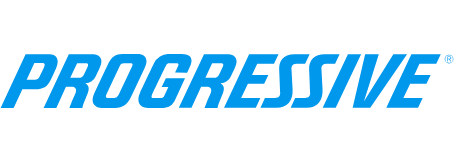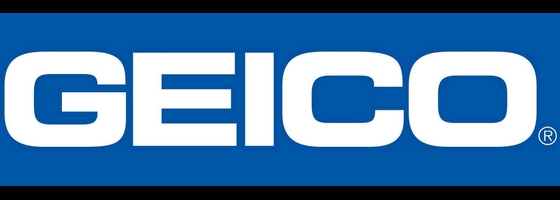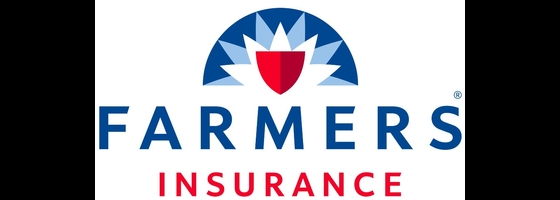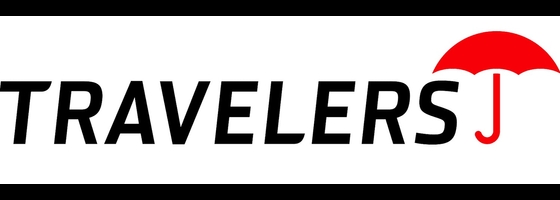- Cheapest car insurance in our review.
- Wide range of discounts, including UBI.
- Purchase online or from an agent.
Best Car Insurance Companies for 2024
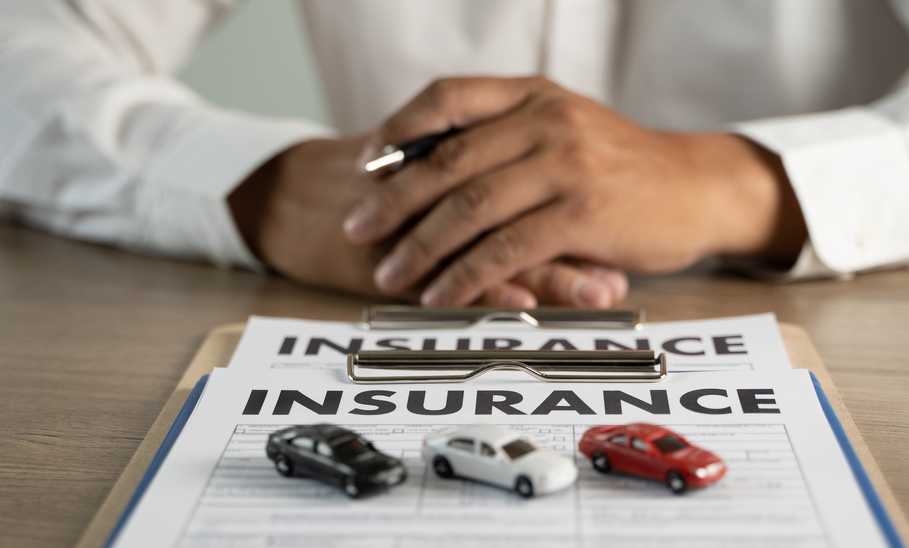
Our evaluations and opinions are not influenced by our advertising relationships, but we may earn a commission from our partners’ links. This content is created by TIME Stamped, under TIME’s direction and produced in accordance with TIME’s editorial guidelines and overseen by TIME’s editorial staff. Learn more about it.
By some estimates, more than 500 companies sell car insurance in the U.S. But despite the great breadth of the market, most car insurance is sold by only a handful of companies. In fact, the top eight companies sell nearly 73% of car insurance, as measured by premium.
When shopping for insurance, it's always a good idea to check with some smaller companies. You may find a lesser-known provider that offers great service at a low cost. But chances are you'll also check with some big brands. Here are our reviews of the eight largest car insurance companies in the U.S. in 2024.
| Monthly premium | J.D. Power Customer Satisfaction | J.D. Power UBI | Crash Network Grade | NAIC Complaint Index | A.M. Best Rating | |
|---|---|---|---|---|---|---|
$107 | 882 (7) | 824 (T1) | C | 0.7 | A++ | |
$128 | 861 (16) | 824 (T1) | C | 0.83 | A++ | |
$104 | 874 (9) | 824 (T1) | C- | 0.62 | A++ | |
$178 | 889 (5) | 810 (5) | D+ | 0.96 | A++ | |
$85 | 890 (N/A) | 844 (NA) | C- | 0.85 | A++ | |
$90 | 870 (11) | 823 (4) | D+ | 2.46 | A | |
$173 | 882 (6) | 800 (6) | C | 1.13 | A | |
$113 | 854 (17) | NA | C | 0.49 | A++ |
Note: Monthly premium data is from recent studies by USNews.com and WalletHub.
Outside of USAA, which is available only to select consumers, Liberty Mutual offers the cheapest car insurance in our review. The company offers a variety of discounts to help lower the cost even more, including those for having a violation-free record, having multiple Liberty Mutual policies, being a homeowner, being a member of the U.S. military, being a good student, and buying a policy online.
Liberty Mutual also offers RightTrack, a UBI program that advertises savings of up to 30%.
The company ranked 11th in J.D. Power’s customer satisfaction survey. It has a higher-than-average number of complaints, according to the NAIC.
State Farm is the largest auto insurance company and one of the most recognizable brands in the U.S. The company offers a wide range of car insurance discounts, including those for having multiple policies, being accident-free, defensive driving, and having certain vehicle safety features. It also offers a usage-based insurance program called Drive Safe and Save, which teases a potential 30% discount for safe driving practices.
Also of note is the company’s Steer Clear program. An app-based program designed for those under the age of 25, Steer Clear helps these newer drivers develop safe driving habits while offering additional discounts.
Back in the 1990s, Progressive was one of the first insurance companies to offer online policy quotes and sales. Today, the company continues offering tools to make buying online easy. These tools include Name Your Price, which lets you see the best possible combination of coverages based on your budget.
Progressive was also a pioneer in usage-based insurance (UBI). Its Snapshot program offers discounts averaging $94 when you sign up and $231 at the end of the six-month monitoring period. It’s the only UBI program we know of that ends after only six months. So once you earn your discount, the company no longer monitors your driving habits.
GEICO offers a wide range of discounts. These include industry-standard offerings such as those for being a good driver, a good student, having multiple GEICO policies, insuring multiple vehicles, and having certain vehicle safety features. It also offers discounts for military members and numerous professional and academic affiliations.
The company ranked ninth—right around the middle—of J.D. Power's customer satisfaction survey, and its C- grade from Crash Network is lower than some of the other companies in our review. However, according to the National Association of Insurance Commissioners (NAIC), GEICO received fewer than the average number of customer complaints.
Allstate is the most expensive insurer in our review. But like other large insurance companies, it offers a wide range of discounts to help you save money. It ranks fifth in J.D. Power's customer satisfaction study and has fewer than the average number of complaints, according to the NAIC.
Allstate is our pick for low-mileage drivers. Its Drivewise UBI program helps customers save if they drive fewer miles than average. And those who really limit how much they drive (for example, retirees, city dwellers who rely on public transportation, or stay-at-home workers) can try the company’s Milewise program. This is a true “pay as you go” insurance program, in which you pay a daily flat fee and a per-mile rate.
USAA nsurance is exclusively for members of the U.S. military and their families. The company offers many discounts and features that are similar to those offered by other insurers. Several of its discounts provide support and savings to those serving our country. These include discounts for storing a car on a military base, having a car in storage (for example, when deployed overseas), and being a USAA legacy member.
USAA is also known as a customer service leader. Its score of 890 in J.D. Power’s 2022 U.S. Auto Insurance Customer Satisfaction Study would have placed it at the top of the rankings (J.D. Power scores USAA but does not officially rank the company due to its exclusive customer base).
Farmers ranks in the top half of J.D. Power's 2022 U.S. Auto Insurance Customer Satisfaction Survey. However, the company is the second-most expensive in our review and only publishes a handful of available discounts. These include discounts for having multiple Farmers policies and being a safe driver. The company offers a UBI program called Signal.
Farmers also offers new car replacement coverage. If your car is declared a total loss due to damage or theft, Farmers will pay to replace it with a brand new car of the same make and model. This optional feature applies to cars that are no more than two model years old and have fewer than 24,000 miles on them.
If, on the other hand, your new car is repairable, you can rest assured knowing Farmers will pay for OEM parts when they’re available.
Travelers is the eighth-largest car insurance company in the U.S. But it may be on the cutting edge when it comes to insuring electric vehicles (EVs) and hybrids. According to a recent study, Travelers cost 36% less than average when compared to other companies’ costs for insuring an EV. It’s also the only company we’ve found that offers a discount specifically for EVs and hybrids.
Of course, whether or not you drive an EV or hybrid, you’ll find a wide range of discounts from Travelers. These include those for having multiple Travelers policies, insuring multiple cars on the same policy, having continuous insurance without a lapse, paying in full, and getting a quote well in advance of the policy start date.
We reviewed the top eight U.S. car insurance companies in 2022, according to data published by the NAIC. Next, we gathered reputable third-party ratings and rankings from multiple sources:
We also reviewed each company’s website to understand discounts offered, availability of UBI and other programs, and other features. Next, we developed several “best of” categories, placing companies where we judged appropriate.
It can be tough to determine what makes one car insurance company better than another. Adding to the challenge is that top U.S. car insurers spend billions of dollars collectively on advertising. It seems like you can hardly turn around sometimes without seeing another car insurance ad on a screen or billboard.
Try to take an objective approach to ensure you get the best car insurance company for your needs. Here are some tips.
J.D. Power has ranked the country's top car insurers based on customer service and claims satisfaction for years. Summaries of these studies are easy to find with an online search. Other third-party insurance company reviews and rankings come from organizations such as A.M. Best, Demotech, Crash Network, and NAIC.
Talk to people you trust—family, friends, co-workers, neighbors—to see if there are any companies they would (or wouldn’t) recommend.
Insurance costs vary between companies, sometimes by hundreds of dollars per year. Be sure to get quotes from at least three or four companies to ensure you get the cheapest premium for the coverage you need.
Independent insurance agents are licensed professionals who can get you the policy you need at a price that suits your budget. These agents typically represent multiple companies (including smaller companies that may cost less than the big insurers), so they can handle the shopping legwork on your behalf.
You have many choices for car insurance. But almost three-quarters of coverage in the U.S. is sold by just a handful of large companies. Use independent, third-party ratings and our careful reviews to understand precisely what these companies offer.
A car insurance policy consists of multiple coverages. Most states require liability coverage, which pays for other drivers' injuries or vehicle damage if you're determined to be at fault in an accident. Some states require personal injury protection (PIP), which pays medical bills regardless of which driver is at fault. Comprehensive and collision coverages, which help pay for damage to your own car in specific circumstances, are usually required by a lender if you finance your car.
The cost of car insurance is affected by a wide range of factors. These include your age, gender, driving record, home ZIP code and the year, make, and model of your car. Premiums also vary by insurance company, as each insurer must price their policy according to the unique needs of their business.
The cost of car insurance has been on the rise in recent years. According to a recent study by Insurify, premiums rose 17% nationally in the first half of 2023. This increase was driven by inflated costs of auto parts and repair labor.
All of this underscores the need to be a smart insurance consumer. Shop your insurance annually, ask about insurance discounts, and—especially if you’re a safe driver—consider enrolling in a usage-based insurance (UBI) program.
Usage-based insurance (UBI) uses telematics technology to track particular aspects of your driving. This information is transmitted automatically to your insurance company and used to calculate potential discounts. Typically, information is gathered either by a smartphone app or a device you plug in under your car's dash. Behaviors such as driving less, avoiding driving at night, and driving at the posted speed limit can help you earn discounts.
Time limits for filing a claim vary by insurance company. Some allow up to two or three years. Check your policy contract or contact your insurance agent to understand your claim deadlines.
Regardless of the time allowed, filing a claim as soon as possible is always a good idea.
Insurance companies typically value cars based on actual cash value (ACV). ACV is a depreciated value based on what the company determines someone would pay for the car on the open market.
The information presented here is created by TIME Stamped and overseen by TIME editorial staff. To learn more, see our About Us page.

